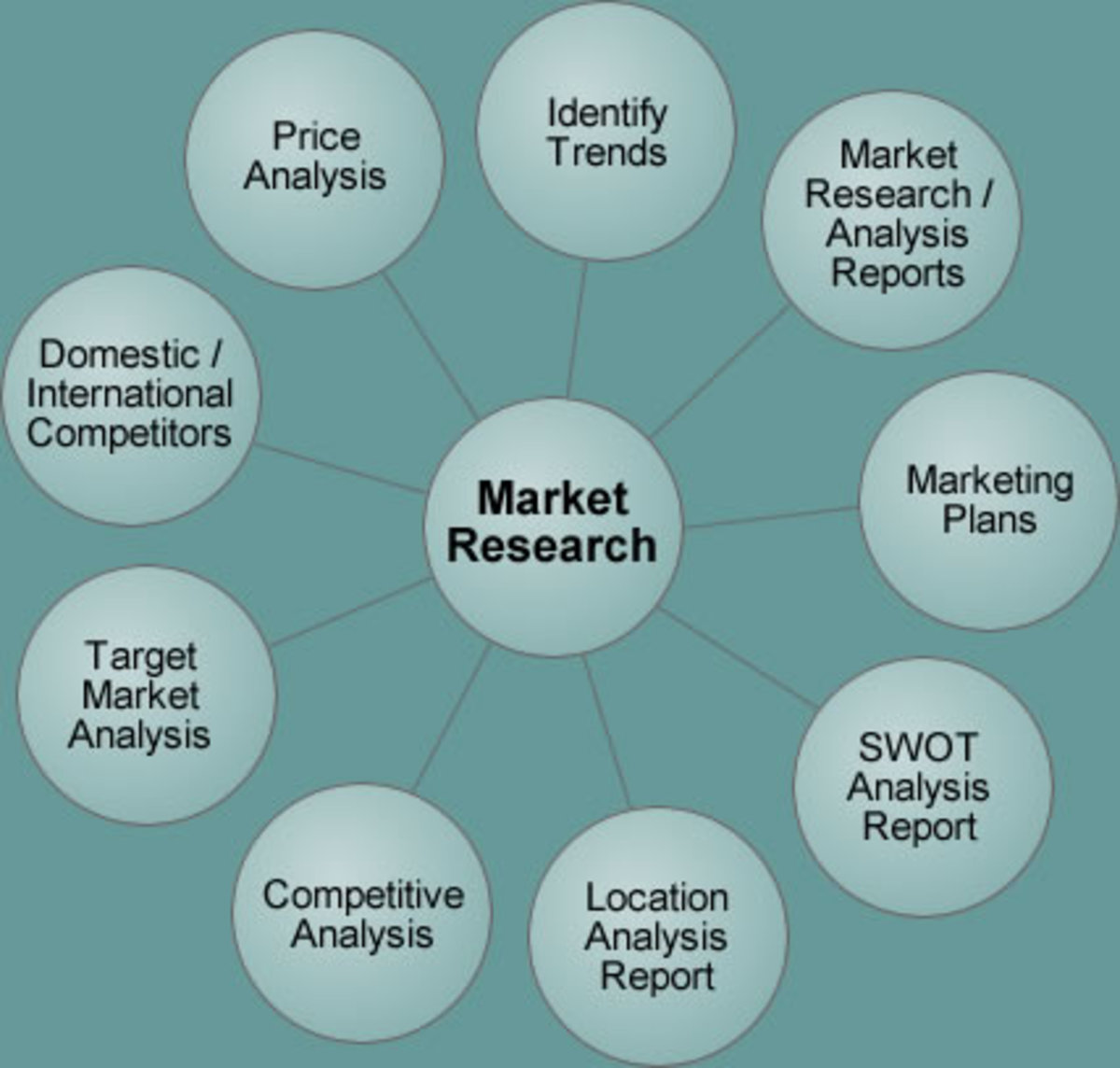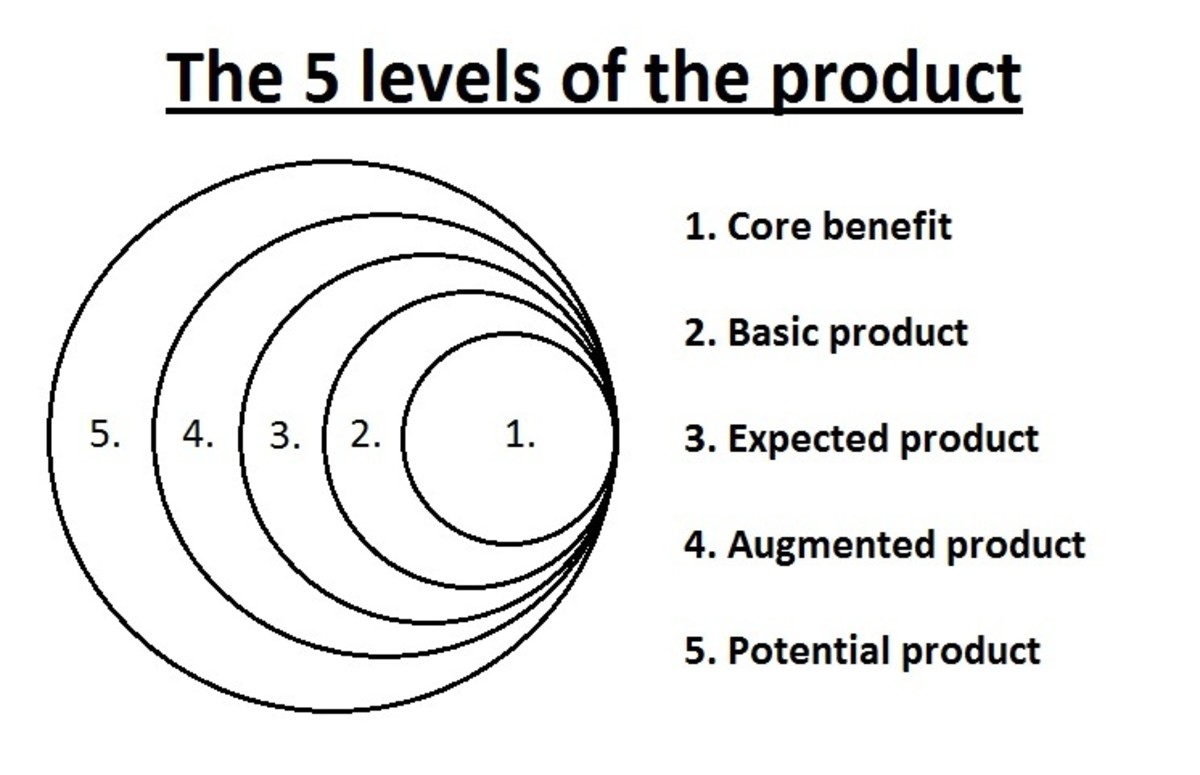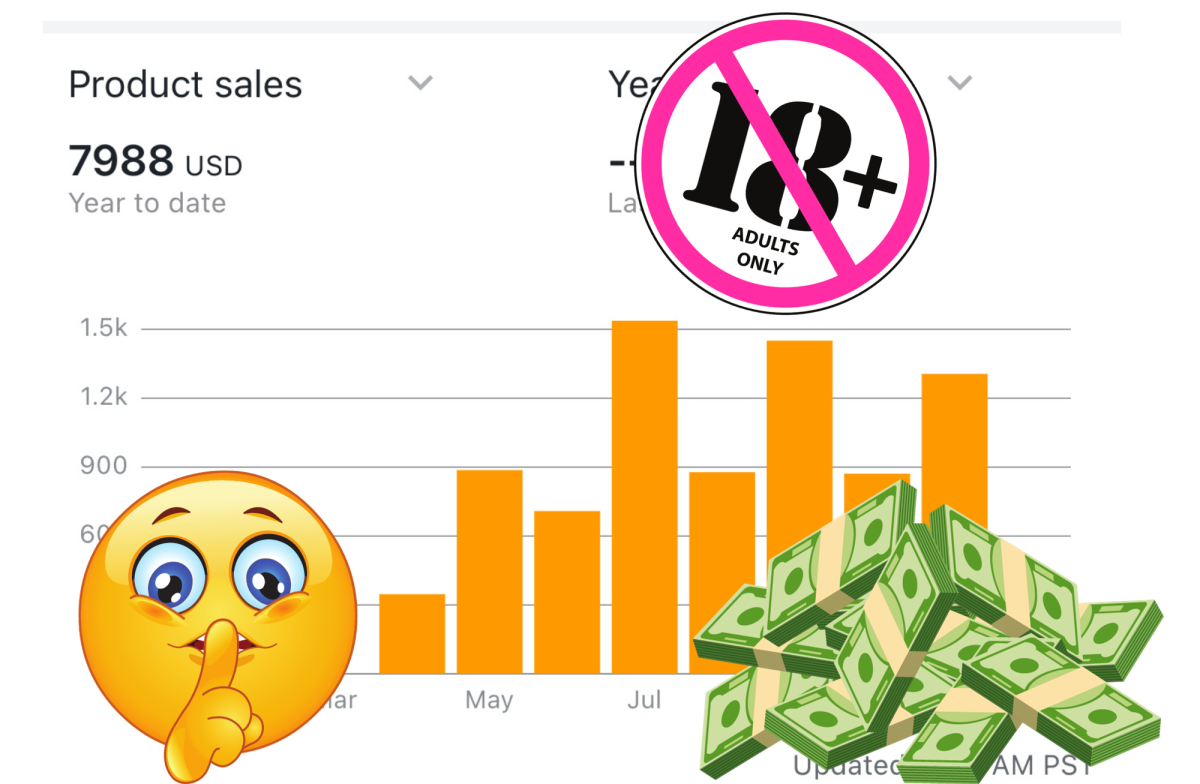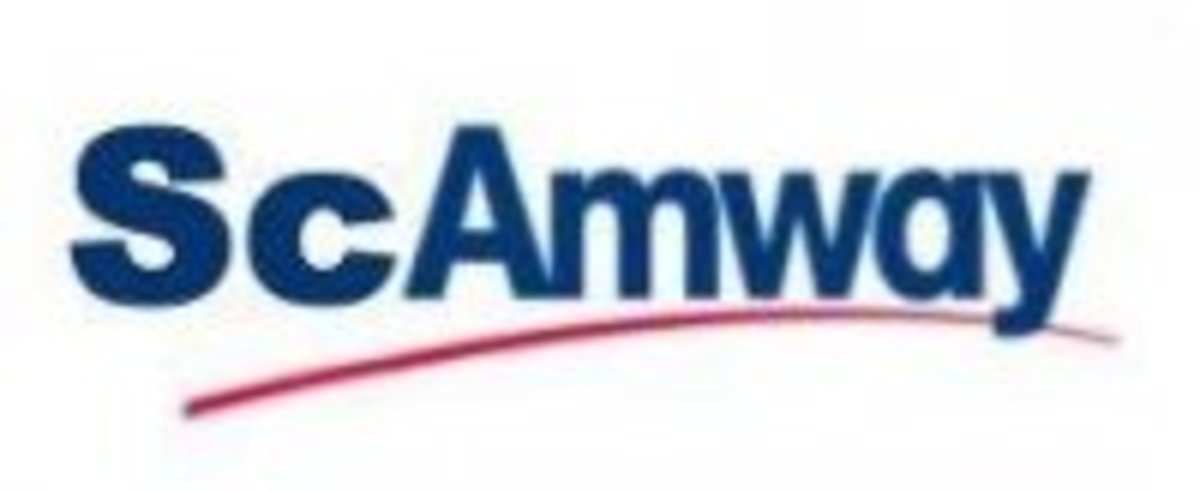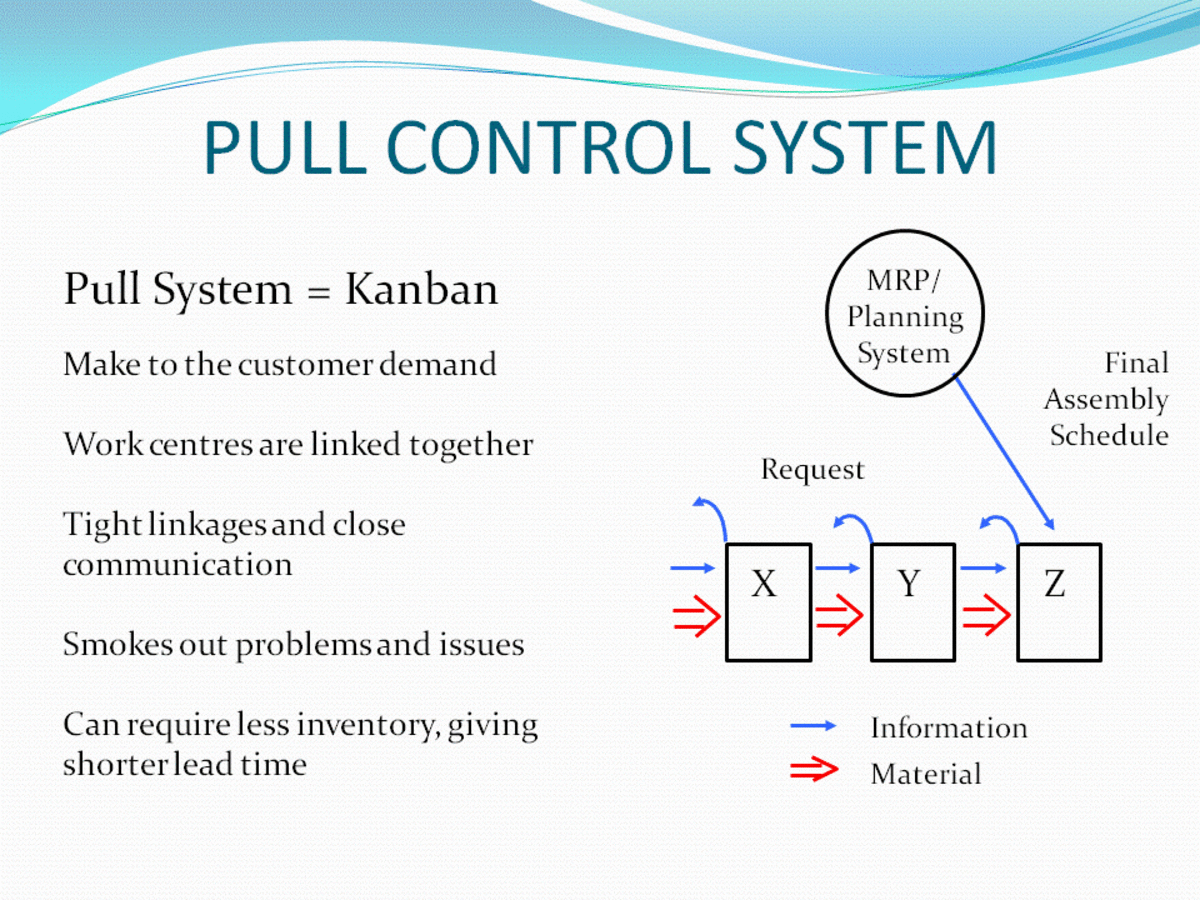Internet Marketing Plan For Online Success
Internet Marketing Plan: Why It's Important to Have one?
There are so many ways you can build your online business and promote it on the Internet, that it can get really confusing. Most people try too many things and don't stick to them long enough to see them work. That is why it's important to have an internet marketing plan - so you know where you are going and don't get side-tracked every time a new hot tool or tactic comes around.
What You Need to Discuss in Your Internet Marketing Plan
Building a web page today is easy. However, just doing that does not guarantee success. You need much more than that, and an Internet marketing plan provides a step-by-step outline how to market a product or service to a specific target market and it helps a you stay focused on your marketing objectives.
Every Internet Marketing Plan needs to include all of the components of your marketing strategy, such as market analysis, product description, sales, advertising, and public relations campaigns. The most successful Internet marketing plans integrate both Internet marketing strategies as well as traditional (offline) marketing methods.
What You Need to Discuss in Your Internet Marketing Plan:
1. Market Research
Learn as much as you can about the market that is currently buying the product(s) or service(s) you will sell. For example,
- Market dynamics, trends, seasonal patterns, etc.
- Customer demographics, market segment, target markets, needs, buying decisions
- Your Ideal Customer. Describe in detail who is your ideal customer.
- Competition. Find out what your competition is offering.
- Current sales in the industry
- Suppliers-vendors that you will need to rely on
- Target Market(s)—for best results, concentrate on one or two small niche markets instead of a large general market. Niche markets have far less competition and they tend to be more profitable.

2. Product or Service description
Describe your product or service and explain how it relates to the market. How does it meet the needs of the market? What value does it offer for the buyers.
3. Competition
Analyze your competition. Explain your "unique selling proposition" or USP. What makes your offering unique and different from your competitor's?
4. Mission Statement
Mission statement is simply a description of your:
- "Target market" - who are your customers – be very specific!
- "Contribution" - what you're selling
- "Uniqueness" - what is your USP– why are you different from your competition?
5. Internet Marketing Strategies
Describe the Internet marketing and promotion tactics that you'll be using in your campaigns.
Take advantage of the low-cost, but highly effective methods, such as SEO (search engine optimization) and article marketing. Other proven methods include video marketing, writing a blog, link exchanges with other webmasters, pay per click advertising, link exchanges and joint ventures. I'm not recommending pay-per-click advertising if you are a beginner, although it can certainly be effective in many situations.
- Search Engine Optimization (SEO). By optimizing your pages for the search engines, you can get literally thousands of people to your website every day for free.
- Pay Per Click Search Engine Marketing. You can pay to advertise on the first page of the search results. You will be bidding on keywords so that your ad is displayed when a person searches for a particular keyword or key phrase.
- Affiliate Marketing. This is where other websites market your products for you and you pay them a commission on each sale. This is an outstanding way to create a successful Internet business.
- Guest Posting and Commenting on other Blogs. Offer to write articles for other popular sites in your niche. Comment on popular blogs in your niche and provide link back to your website.
- Link Exchanges. This is where you and other websites exchanges links to drive traffic to each other’s website. Exchanging links with other websites is also a great way to get better rankings in the search engines.
- Article Marketing. This simply means that you will have to write lots of articles and distribute them online. Both article marketing and optimizing for search engines (on page and off page) - if you do them right - will bring you traffic that is highly targeted. Article marketing has an added advantage that the readers get to know you a little bit - so they are even more pre-qualified than visitors coming straight from the search engines
- Write press releases and distribute them online. Just like writing and submitting articles, this is a very simple and extremely effective way to get tons of links pointed at your website.
- Video Marketing. Set up a video channel on Youtube and post optimized videos about your product or service. Most popular types are funny videos or how-to videos.
- Social Media Promotion. Find out where your audience is, set up accounts on those social networks, and build relationships with your audience.
- Advertising in newsletters and ezines. Find publications with big readership and find out if you can advertise there. This is another simple yet highly effective way to market your products or services online.
6. Offline Promotion/Traditional Methods
Even though this is an internet marketing plan, the traditional methods should not be neglected, as they can be very effective at reaching even wider audience. These strategies may include:
- Networking - Meeting people at events, industry association meetings, at your local Chamber of Commerce, etc.
- Direct marketing using sales letters, brochures, postcards, fliers, etc.
- Traditional Advertising - Print media, directories, billboards, yellow pages, radio, TV
- Public speaking, giving lectures, seminars, etc.
- Writing articles for magazines, your local newspaper, and other publications read by your industry.
- Press releases
- Trade shows
- Partnering with businesses in the same target market
- Barter
- Car wrap advertising
- Pop up displays
- Outdoor Banner Stands
-
Other unconventional promotional methods
7. List building. When a visitor comes to your site, you need to have an opt-in form to capture their email address. Many marketers say that the money is in the list, and that is certainly true, the money is in the TARGETED list. You'll need to give people some information for free to build trust, but don't give away too much - this will only attract hordes of freebie-seekers who have no desire to spend money with you (or anybody else for that matter). Have some free and inexpensive products to offer to your subscribers, but also make sure that you have high priced items in your product funnel.
7. Pricing
Based on your research, determine your product/service pricing. Make sure your pricing is right. Consider your income goals, so for example, if your goal is to be making 5,000 dollars per month, if you only sell an ebook at $10 profit, then you will need to sell 500 copies of that ebook. On the other hand, you will only have to make 5 sales at $1000 to accomplish your goal.
8. Positioning and Branding
Think where your product will be positioned in the market and how you will achieve brand awareness. Think about your product funnel and
9. Budget
Estimate your monthly spending. How much do you have to spend per month?
10. Marketing Goals
Establish quantifiable marketing goals. This means goals that you can turn into numbers. For instance, your goal might be to gain at least 10 new clients each month or to generate 100 leads per month.
11. Track and Analyze Your Results
- Use tracking software, such as Google Analytics, to track the effectiveness of your campaigns: website traffic, where is the traffic coming from, how long do they stay on the page, etc.
- Track sales,and percent of sales to impressions
- Survey customers
- Measure Return on Investment per each marketing activity
More Reading
- Top 7 Reasons Why Your Business Needs a WordPress Site (Blog)!
WordPress has really changed the way we create websites today. It made building a website easy and affordable. The time when WordPress was used just for blogging belongs to the past. WordPress today provides everyone - web developers, internet... - How to Get FREE Publicity OFFLINE - Get Noticed, Drive More Traffic, and Become a Local Celebrity!
Getting publicity in the OFFLINE world and publishing articles in the print media is a great way to leverage your best content, broaden your audience and increase traffic to your website. You will gain exposure, credibility, rise above competition





